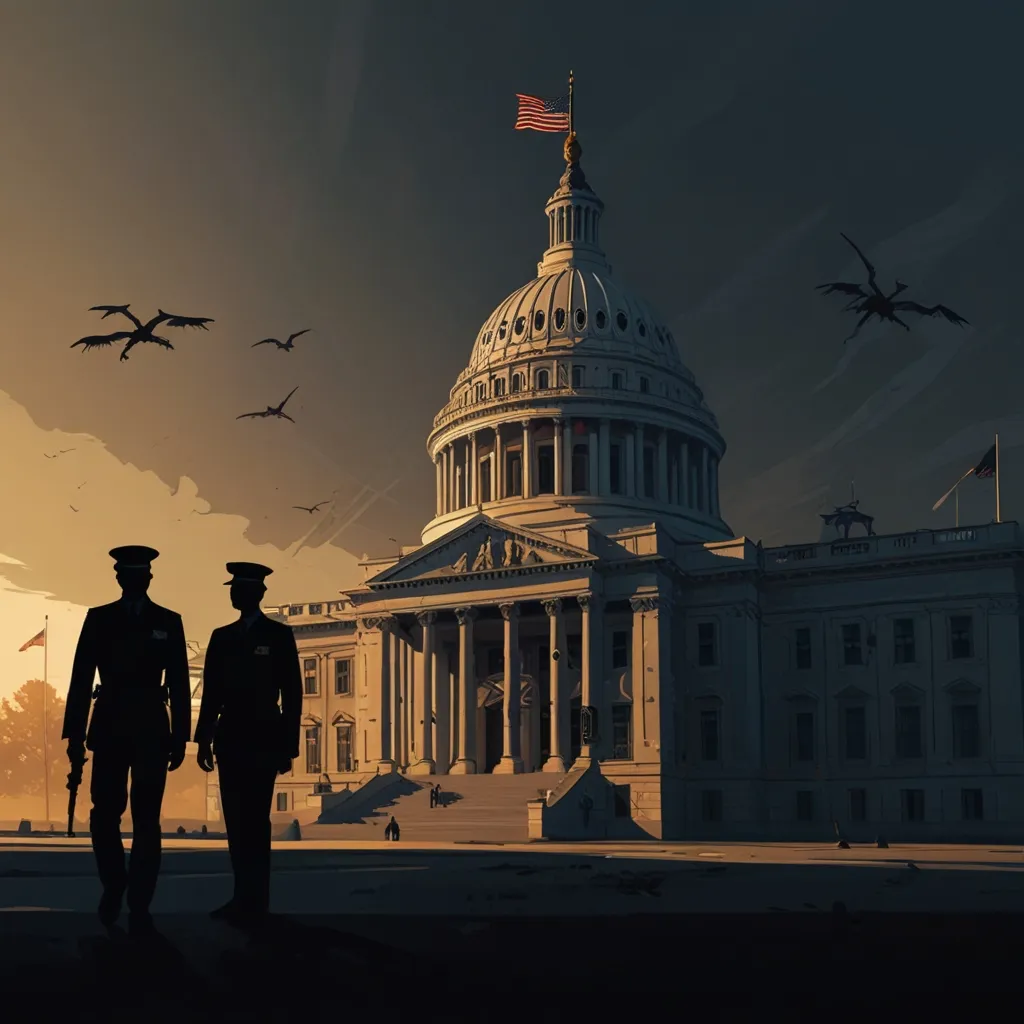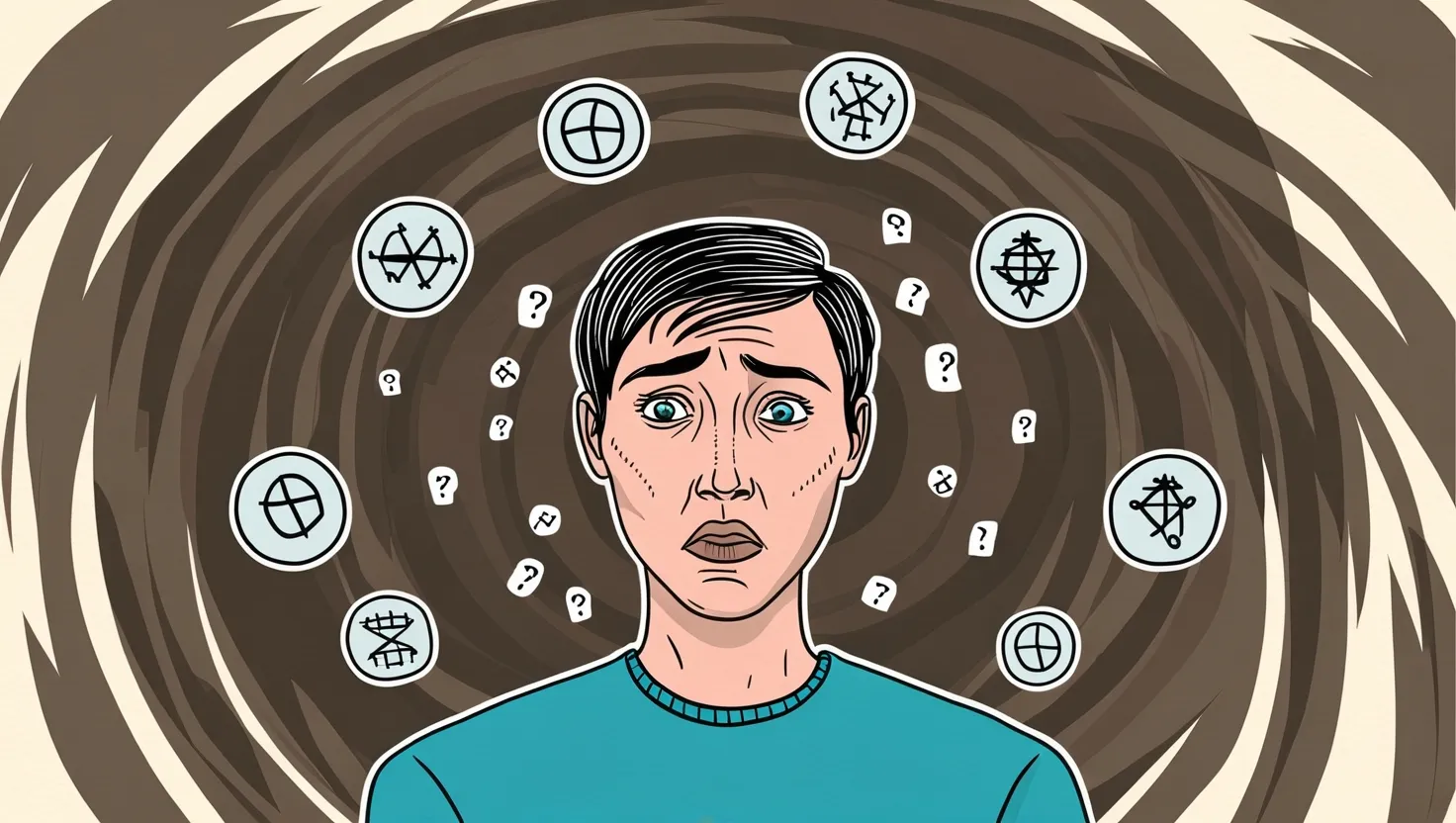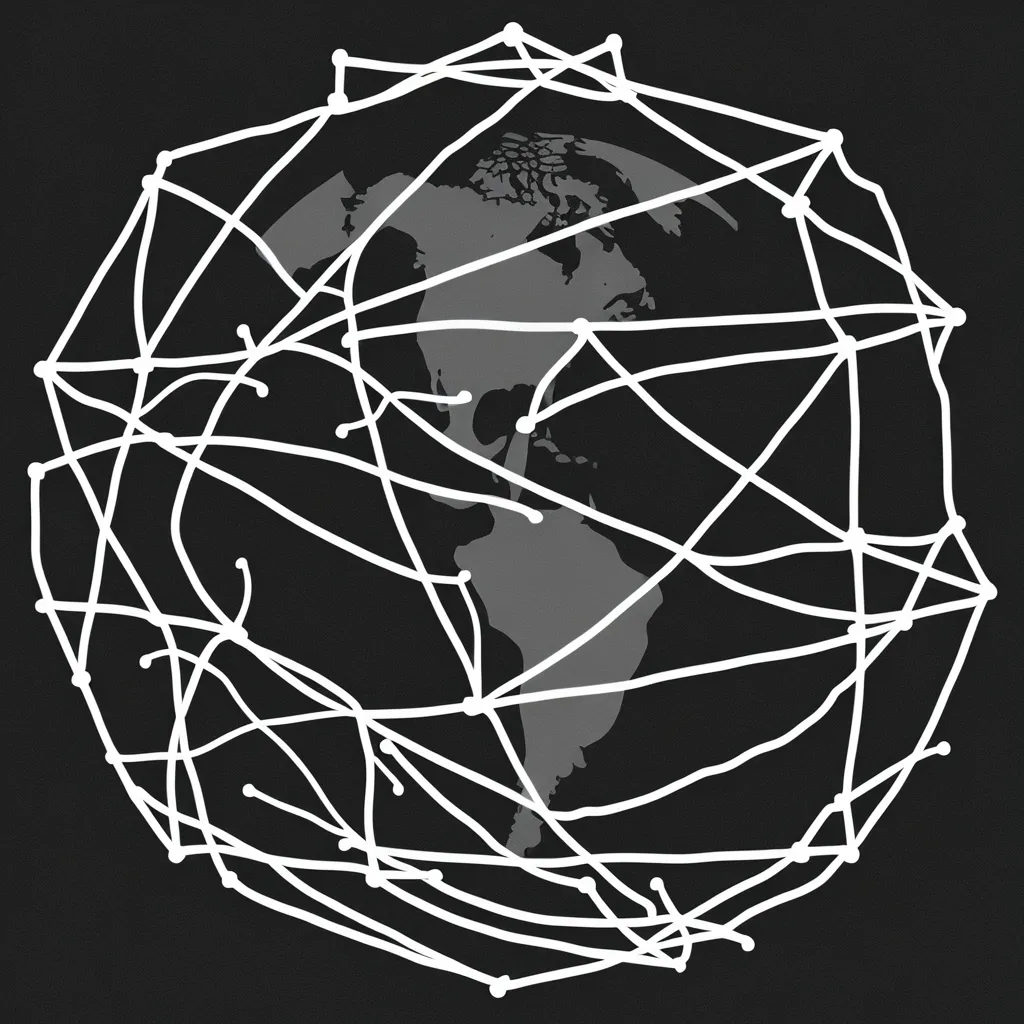Ever get the feeling there’s more happening behind the scenes than we know? That’s where the idea of the “Deep State” comes into play. It suggests a hidden government pulling the strings, influencing policies, and manipulating democracy. This isn’t just some wild conspiracy theory — it’s backed by actual events and observations.
The term “Deep State” became popular in the ’90s and refers to a group of powerful folks within government and military circles. These shadowy operators often team up with big corporations and other influential groups to shape policies. This isn’t fiction; it’s got roots in historical events and whistleblowers’ revelations.
Think of the Watergate scandal – it’s a prime example of deep-rooted corruption and political manipulation. Then there are the more recent disclosures by Edward Snowden about the NSA’s surveillance and Julian Assange’s leaks. These big reveals have only added fuel to the fire, making many believe in these hidden forces in politics.
The Deep State is often linked with the military-industrial complex, a concept President Dwight Eisenhower talked about. This involves a network of military and defense contractors working with government agencies to sway policies and maintain power. The argument goes that these decisions often serve their interests over the public good.
Another big chunk of the Deep State puzzle? Surveillance. Governments now have the tech to keep an eye on citizens round the clock. And it’s not just about fighting terrorism – it’s about holding onto control. The NSA’s mass data collection is a clear example of this, gathering info on millions without their consent or knowledge.
Then there’s the thriving global arms trade, a business that significantly influences foreign policy. Governments and arms manufacturers buddy up to push weapon sales, often leading to dire consequences in conflict areas. This relationship is a huge part of the Deep State’s clout.
Big money and big oil also play a role in the Deep State. Large corporations wield considerable influence on political decisions through lobbying and campaign cash. This means public needs often fall by the wayside in favor of corporate interests.
And here’s the kicker – it’s not just a fringe belief. Surveys show that about three-quarters of Americans think an unelected group of government officials and corporate interests control national policy. This wide belief underscores the demand for more transparency and accountability in government.
To grasp the Deep State, look at historical moves and current practices. For instance, the National Security Act of 1947 turned the OSS into the CIA, marking a shift in national security and laying the foundation for a secretive intelligence structure.
The Deep State operates on a global scale, shaping international relations and foreign policies, including covert ops and regime changes. The impact of these actions is massive, touching nations and communities worldwide.
So, belief in the Deep State comes from real-world happenings and history. It shines a light on the essential need for transparency and government accountability. Whether you’re skeptical or convinced, understanding the Deep State gives insight into the shadowy mechanics of power.






